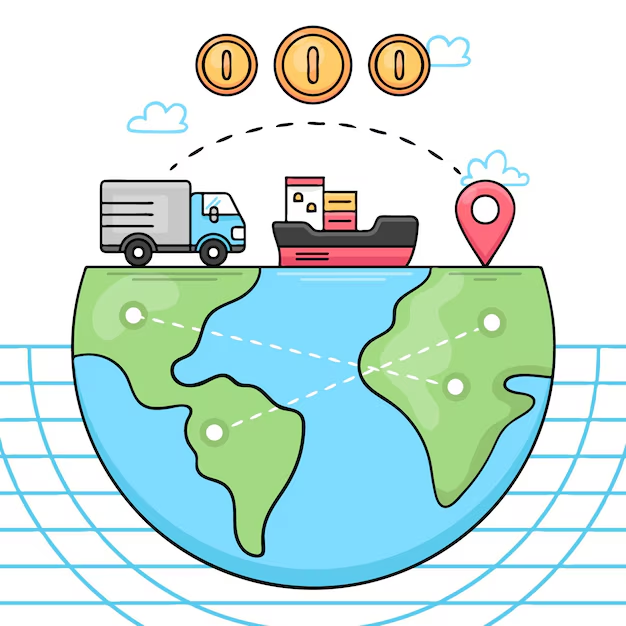Trump’s victory by a large majority in the presidential election, has re-ignited debate over the steps he would take regarding tariff policies. Trump has plans to implement centralized taxes on foreign goods to reshape foreign relations with other countries. During his presidential campaign, he promised to increase all tariffs to 20% for goods originating from all other countries and tag a 60% tariff on goods from China. Trump even recommended implementing a 100% tariff on Mexican goods to intimidate them as they started better relations with the eastern block.
Trump frames these policies as a necessity to revive American businesses and wields these new policies like Damocles’s sword over other foreign countries to remind them about the “robustness” of the US once again. He contemplates decreasing the impacts of “loosened” borders and recalibrating the immigration policies with Mexico.
Inherently, this radical idea has brought controversial assertions about the effects of new tariffs. Economist Yang Zhou from Shanghai’s Fudan University found that Trump’s tariffs harmed China’s economy over three times more than the US’s. On the other hand, John Micklethwait, a strong opponent of Trump’s tariffs, reveals that these tariffs add 7.5 trillion more dollars to the US debt over the next decade. Besides, the reports of the Government Statistics Bureau point out how the total goods and services deficit rose from $480bn to $653bn during Trump’s first term. His highly disputed tariffs on the foreign steel industry couldn’t halt manufacturing employment from 84,000 in 2018 and 80,000 in 2020 when he left the office.
Many experts doubt the economic and political sustainability of this policy and predict how harmful this decision could be in the long run. According to Douglas Irwin from Dartmouth College, implementing such high rates of tariffs could reduce competitiveness and vibrance in the US economy which would be a detrimental side effect for customers. This situation could also result in a meaningless double-sided price escalation between the US and its allies as a natural side of the reciprocity principle. An incorporated study of MIT, Harvard, and Zurich University economists reveals how global trade industries were negatively affected by Trump tariff’s during his first term. It also emphasizes how the employment numbers “neither raised nor lowered”, contrary to what Trump envisioned with the tariff plan.
Like many experts who speculate the effectiveness of this study, Kris Donaldson, a member of Hill’s Office of Institutional Givings and economics teacher, points out various uncertainties and predictions about Trump’s tariff policy. He remarks “Businesses will always adjust themselves against the rising costs like tariffs. Actors in the market have always been against tariffs but would reflect the burden on their prices if we see a tariff increase,”.
Mr. Donaldson agrees with the current research and speculations but underlines the hassle of speaking explicitly about the future of international economics. He says “It is hard to make a definite description of how other countries and businesses might react and respond this change. Based on Trump’s first term, I am anticipating a dramatic price increase in taxes for food, foreign electric vehicles and technology markets if these policies get enacted,”
In his final words, Donaldson wavers about Trump’s firmness in realizing such a radical change. He mentions the earliness of making solid statements about the effects of “commonsense tariffs” on the public and recommends paying attention to official declarations rather than speculations.

























